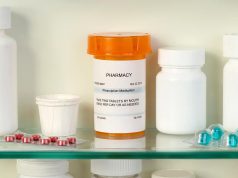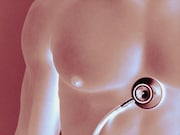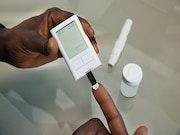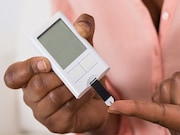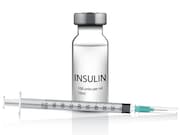AHA: Nearly Half of U.S. Adults Have Cardiovascular Disease
Forty-six percent of U.S. adults have hypertension
Avoiding Full-Blown Diabetes Cuts Cardiovascular Risk
Early detection of prediabetes may reduce risk for developing cardiovascular disease
FDA Receives an ‘F’ in Tobacco Prevention Report Card
American Lung Association releases State of Tobacco Control 2019 report
Few Patients With Type 1 Diabetes Meeting HbA1c Goals
Glycemic control not better in 2010 to 2018, despite more use of insulin pumps, continuous monitoring
Large Insulin Price Hike to Be Investigated by U.S. Congress
Currently, there is no effective generic alternative to brand-name insulin
Financial Stress, Coronary Heart Disease Linked in African-Americans
Association no longer significant after adjustment for depression, smoking, diabetes
Improved Genetic Risk Score Aids Type 1 Diabetes Classification
Revised risk score also improves newborn screening versus HLA genotyping alone
Report IDs Areas Lacking Good Practice in Health Tech Assessment
Three areas include defining organizational aspects, use of deliberative process, examining impact
Short Duration Between Dinner, Bed Has No Effect on HbA1c
Duration of two hours or shorter between dinner and bedtime did not influence HbA1c changes
Doctors Should Encourage Exercise in Patients With Diabetes, CV Disease
Recommendations suggest doctors prescribe individualized exercise training for these patients





